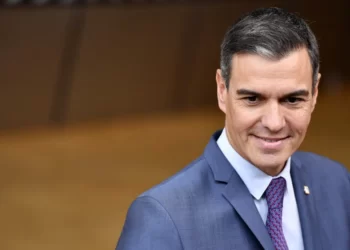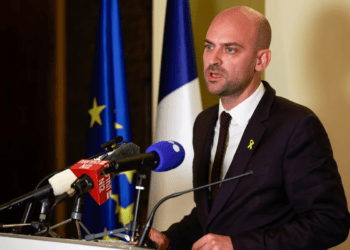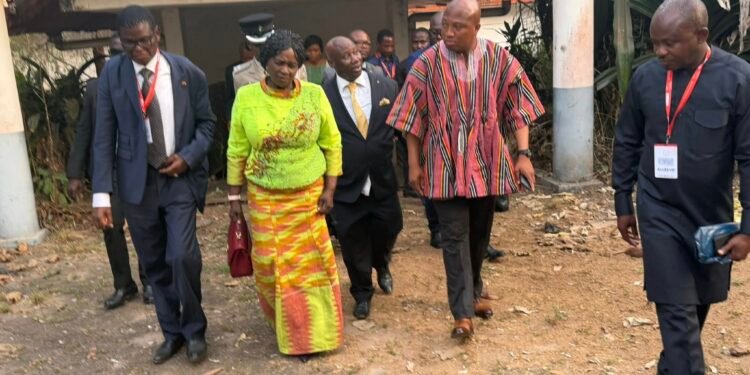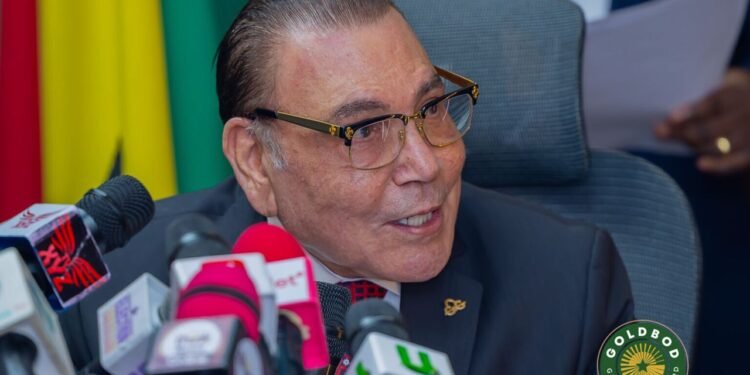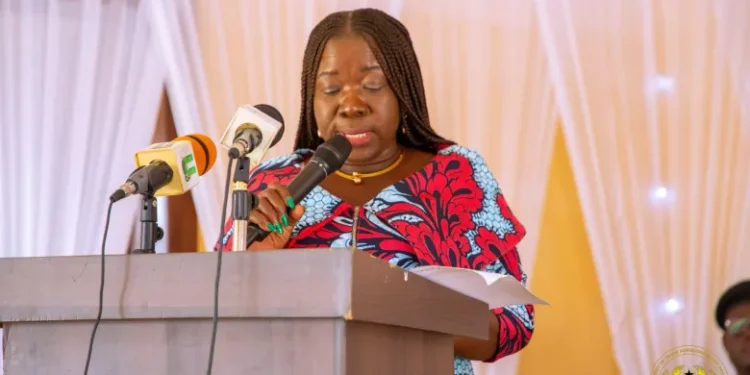France’s recent parliamentary election has seemingly shattered the era of dominant political parties in the country.
The second round of France’s parliamentary election saw the leftwing New Popular Front (NFP) alliance win the most votes but without winning an absolute majority.
The result is a blow to Marine Le Pen’s far-right National Rally (RN), which had been predicted to win the most seats.
The National Rally was pushed to third place while President Emmanuel Macron’s centrist alliance lost about 80 seats and came in second place.
The NFP won 182 seats in the 577-seat parliament, President Emmanuel Macron’s centrist alliance won 163 seats and the RN won 143 seats.
With the leftwing New Popular Front (NFP) alliance emerging as the largest bloc but falling short of a majority, and both President Emmanuel Macron’s centrist alliance and Marine Le Pen’s far-right National Rally (RN) significantly weakened, France now faces the unfamiliar territory of a hung parliament.
A hung parliament is an unknown territory as modern France has never experienced a parliament with no dominant party.
It also means Macron, who has three remaining years in office, will probably cohabit with a Prime Minister who does not share his political affiliations.
French Prime Minister, Gabriel Attal has said that he will offer his resignation on Monday, July 8, 2024, but there is no obvious candidate to replace him.
According to the constitution, Macron can choose whoever he wants as the next Prime Minister, but in practice, he needs to choose someone acceptable to parliament, usually the leader of the largest party.
However, Jean-Luc Mélenchon, leader of France Unbowed (LFI), the largest party in the leftwing NFP bloc, is a controversial figure disliked by even some within his own party.
If Macron also attempts to appoint someone from within his own centrist alliance they will be seen as lacking in legitimacy. With no clear path forward, the French President will be weakened both at home and abroad.
LFI lawmaker Clementine Autain called on the NFP alliance to gather on Monday to decide on a suitable candidate for Prime Minister.
She noted that the alliance, “in all its diversity”, needed “to decide on a balance point to be able to govern,” adding that neither former Socialist President François Hollande nor Mélenchon would do.
The leader of the Socialist Party (PS) Olivier Faure also urged “democracy” within the leftwing alliance so they could work together.
“To move forward together we need democracy within our ranks,” he said.
“No outside remarks will come and impose themselves on us,” he said in a thinly veiled criticism of Mélenchon.
Deadlock Laced With Uncertainty
According to Economist and International Law Professor, Armin Steinbach of HEC Paris business school, “deadlock” is the most likely outcome of the elections, with no “quick solution” likely in the coming days.
He said, “France has no political culture of making coalitions and compromises, like Germany or Italy. That is why it feels like a crisis for the French.”
He suggested two main scenarios, first a minority government led by the left wing, leading to a “cohabitation”, in which the President and Prime Minister come from rival camps. He stated that the NFP could propose a moderate leftwing candidate such as the rather unpopular former President François Hollande.
“Much depends on whether the NFP will stay united and not break up into old conflicts,” he said.
A second scenario, Steinbach said, could see Macron’s centrist alliance and the Republicans form a coalition minority government.
However, he added, “This would be very unpopular and may trigger protests because he [Macron] clearly lost the election.”
On President Emmanuel Macron, Steinbach opined, “With his self-confidence he will probably stay on as President until 2027.”
“In other countries, the head of state would resign after such a defeat. With this defeat, he lacks the legitimacy to appoint a new government.”
Armin Steinbach
Moreover, Mujtaba Rahman, Managing Director Europe of the risk consultancy firm Eurasia Group, said that France is “looking at weeks (months) of gridlock and uncertainty.”
READ ALSO: Kenya’s Youth-Led Reforms, A Model for Ghana





